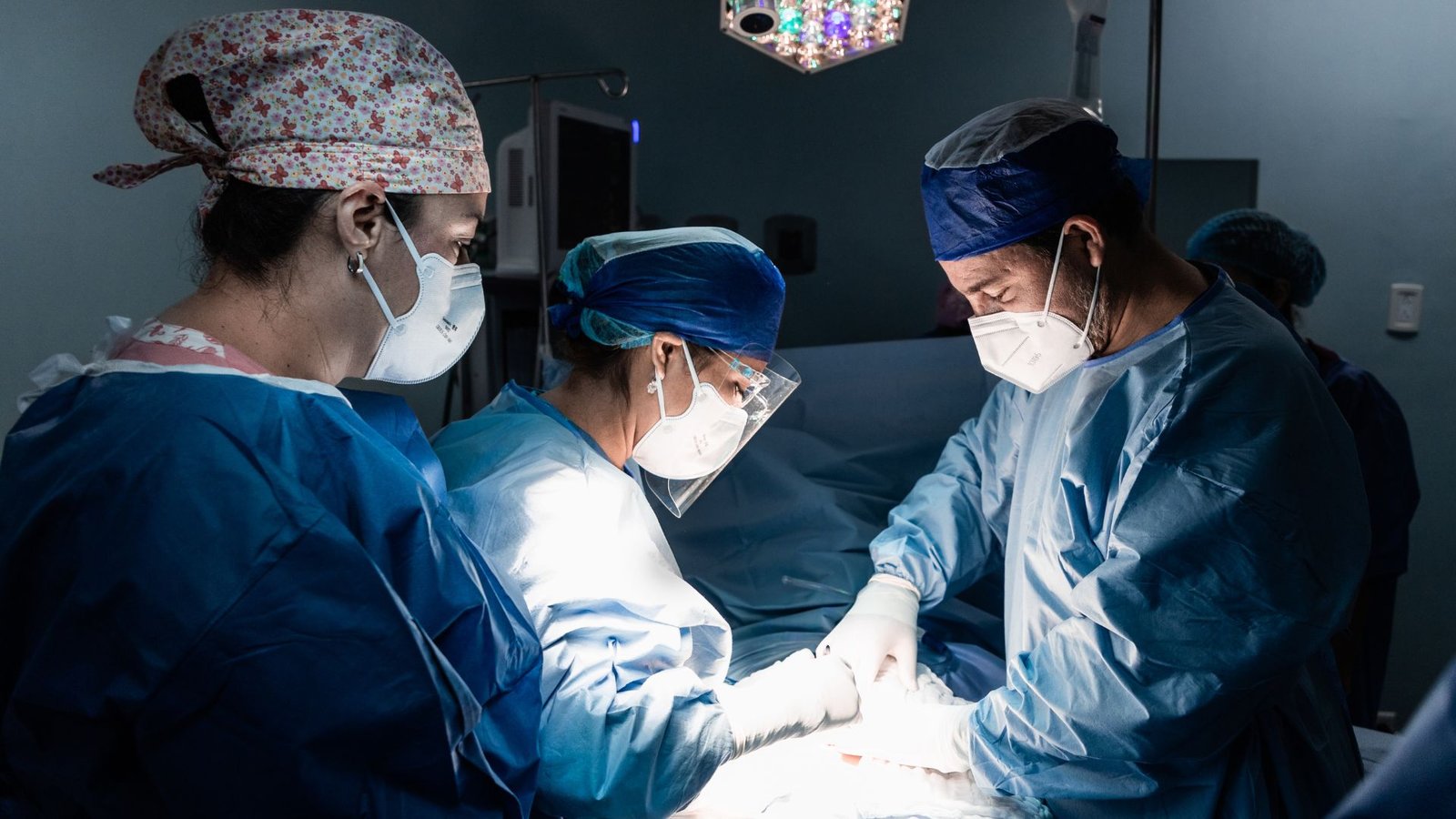
The Essential Roles of a Cardiothoracic Surgeon
As a cardiothoracic surgeon, you have a range of important responsibilities focused on the diagnosis, treatment, and management of diseases and conditions affecting the heart, lungs, and chest. Here are some key responsibilities of a cardiothoracic surgeon:
- Patient Evaluation: You are responsible for evaluating patients with cardiovascular or thoracic conditions, conducting thorough examinations, and reviewing medical histories to develop an accurate diagnosis and treatment plan.
- Surgical Procedures: Performing surgical interventions is a significant aspect of your role. This can include procedures such as coronary artery bypass grafting (CABG), heart valve repair or replacement, lung resections, heart transplants, and various other surgeries related to the heart and chest.
- Preoperative Care: You are responsible for preparing patients for surgery, which involves obtaining informed consent, conducting preoperative assessments, and ensuring that patients are physically and mentally ready for the procedure.
- Intraoperative Management: During surgeries, you lead the surgical team, making critical decisions and performing the necessary steps with precision and expertise. This includes managing anesthesia, ensuring patient safety, and maintaining optimal surgical conditions.
- Postoperative Care: After surgery, you oversee the postoperative recovery process, including monitoring patients in the intensive care unit (ICU) or step-down units, managing pain, addressing complications, and coordinating the overall care plan.
- Collaborative Approach: As a cardiothoracic surgeon, you work closely with a multidisciplinary team, including cardiologists, pulmonologists, anesthesiologists, nurses, and other healthcare professionals, to provide comprehensive care to patients.
- Continuous Learning and Research: Staying updated with advancements in the field is crucial. You engage in continuous learning, attend conferences, contribute to research, and apply evidence-based practices to improve patient outcomes.
- Patient Education: You play a vital role in educating patients and their families about their condition, treatment options, and postoperative care requirements. Clear communication and compassionate support are essential for helping patients understand their journey.
- Ethical and Professional Conduct: Upholding high ethical and professional standards is a fundamental responsibility. You prioritize patient safety, maintain confidentiality, and adhere to the principles of medical ethics.
- Mentorship and Teaching: As an experienced cardiothoracic surgeon, you may take on the role of mentor or educator, guiding and training aspiring surgeons, residents, and medical students.
These responsibilities require dedication, precision, and a commitment to improving the lives of patients with cardiothoracic conditions. Your expertise and skills contribute significantly to the field of cardiovascular and thoracic surgery, helping to save and improve lives.




